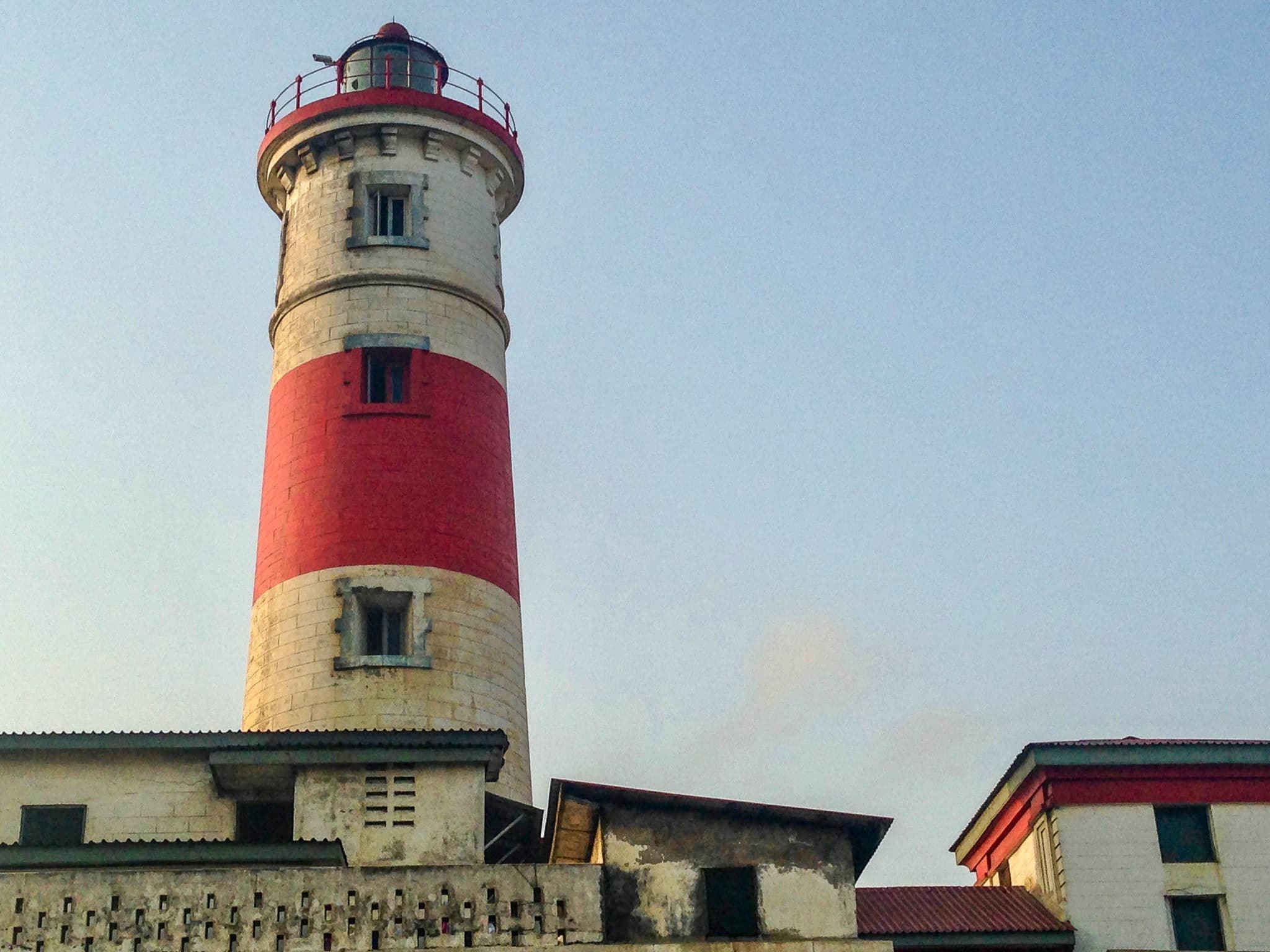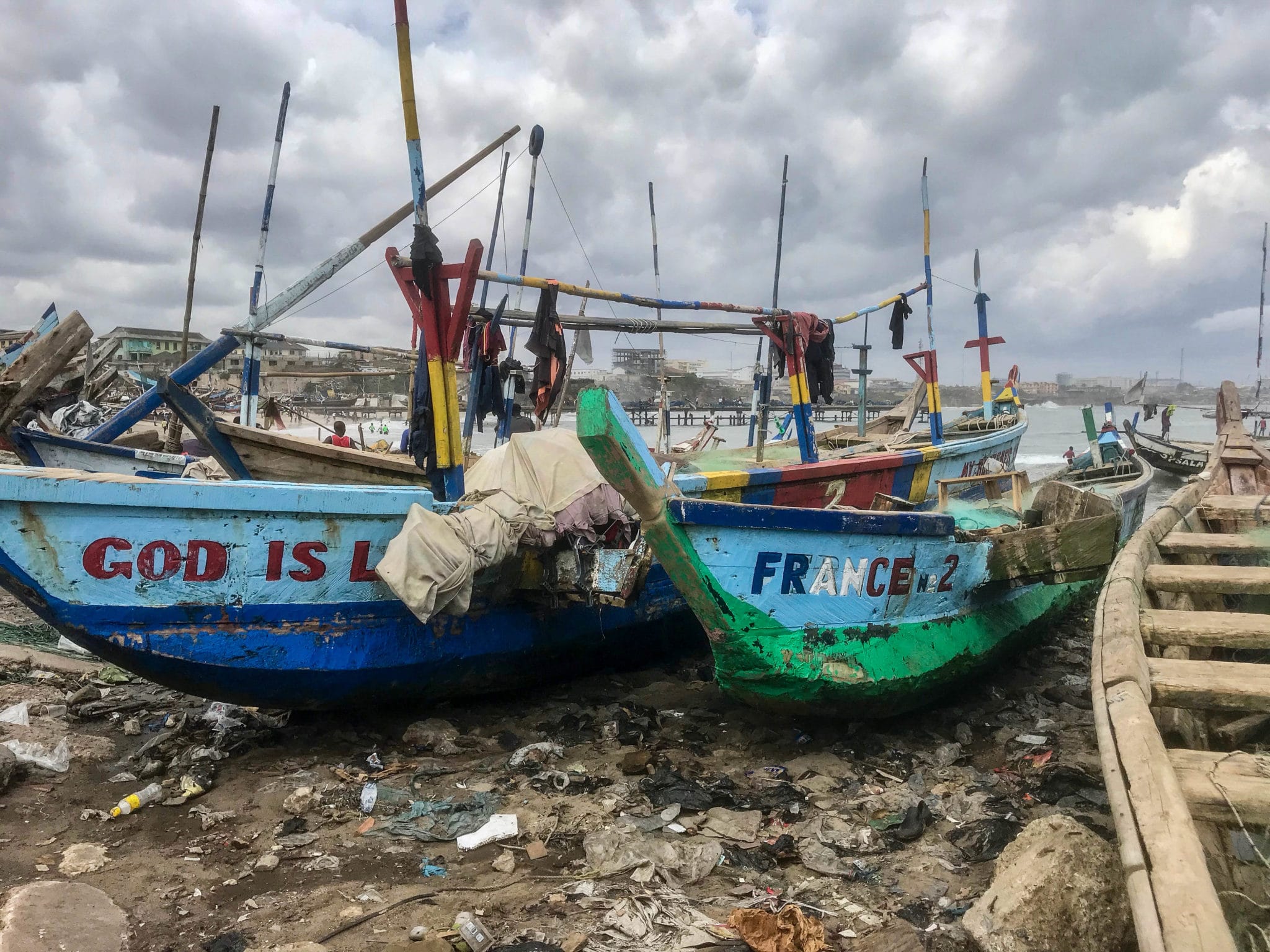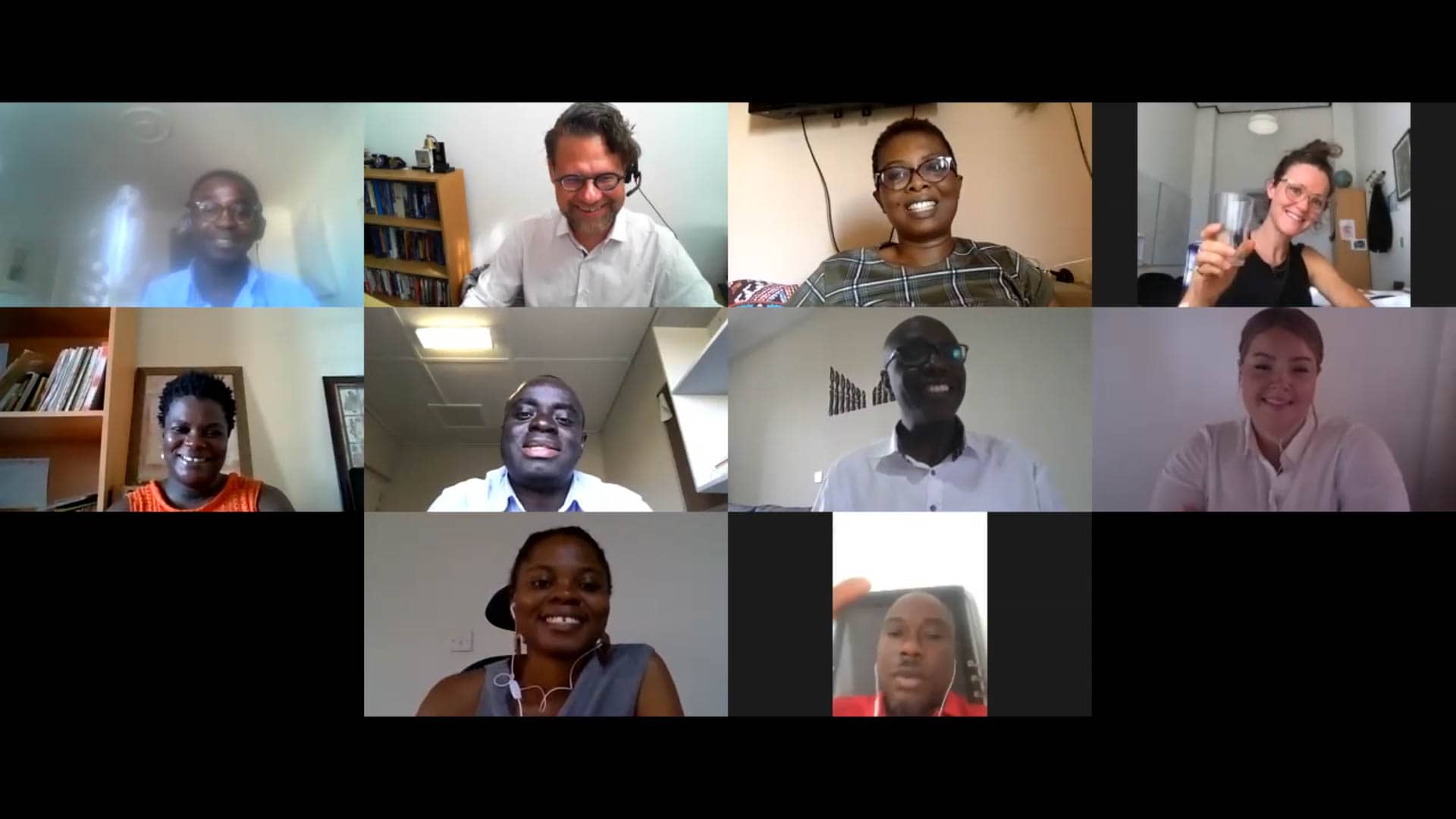Analyzing maritime security in Ghana
02-09-20

The negative impact of maritime insecurities on development, trade and human security are increasingly recognised. What are the effects of current responses to maritime insecurity? How can countries with high levels of maritime insecurity be better supported? To answer these questions, the Danida funded research project Analyzing Maritime Insecurity in Ghana (AMARIS) studies maritime crime and maritime security policy in Ghana
By Dr. Humprey Asamoah, University of Copenhagen
The research project Analyzing Maritime Insecurity in Ghana, AMARIS is one of the first in-depth case studies of Ghana’s response to maritime insecurity ever undertaken. While most other studies have a regional focus, AMARIS is unique because it is the first study that focuses specifically on a country; Ghana. The aim is to shed light on and make a substantial contribution to better tackle the maritime security challenges in Ghana, the Gulf of Guinea and elsewhere.
Other countries can learn from Ghana’s case and experiences. We hope that our project can contribute to broader and very important discussions in the emerging field of maritime insecurity, says Christian Bueger, Project Coordinator of the AMARIS project and professor of International Relations, Department of Political Science, University of Copenhagen.

AMARIS began in March 2020. The two and half year project will investigate various key aspects of the negative impacts of maritime insecurities.
Blue crime more than piracy
First of all, it will look into the manifestations of maritime crime in Ghana. Piracy is the blue crime that often receives most of the attention. Indeed, piracy in the Gulf of Guinea continues to dominate much of the news coverage of the region. Yet, blue crime is a wider problem. Environmental crimes, such as illegal fishing or waste dumping affect the country’s economy negatively. Port security, smuggling or stowaways are also issues that require consideration.
The complexity of maritime security governance
Secondly, AMARIS will map the governance responses to maritime (in)security that have developed in the past twenty years. It is a major inter-agency challenge in which not only different governmental agencies play a role, but also private actors and coastal communities. Deciphering this complexity and understanding how the relations between actors are arranged and governed is therefore much needed.
It is important to understand how maritime governance in Ghana is organized. That is why we are going to map the organizations, but also the mandates of the various institutions involved in maritime governance in Ghana, says Dr. Kamal-Deen Ali, the Center for Maritime Security and Law in Africa.
International donor’s capacity building
The third aspect the project will shed light on, is the international donor involvement. Maritime insecurity never limits itself within the borderlines of nations but always spills over elsewhere. As a result, many international donors assist countries that are directly affected by maritime insecurity with developing appropriate capacities to effectively respond. These responses bring about concerns of power relations, collaboration and sustainability. Ghana is no exception to this.
An important goal of the project is therefore to train and groom future maritime security analysts from Ghana and the sub-region. The trainees are expected to act as critical public voices in policy debates, and also identify policy gaps and shortcomings. The future ambassadors of our project can also act as national experts for international organizations, says Christian Bueger.
Online kick-off
The online kick-off event on 25 June 2020 marked the end of the projects inception phase and launched the fieldwork phase.

Originally, the kick-off event was planned to be in Ghana, but due to the COVID-19 crisis, it was moved online. The main purpose of the event was to agree on the joint research strategy for all four partner institutions, to discuss innovative data collection methods in the light of the current COVID-19 crisis and generate new theoretical insights.
Apart from the University of Copenhagen, the Kofi Annan International Peacekeeping Training Center (KAIPTC), the Center for Maritime Security and Law in Africa (CEMLAWS) and the University of Ghana are partners of AMARIS. Dr. Humprey Asamoah is Project Manager of AMARIS.
Go back to our stories